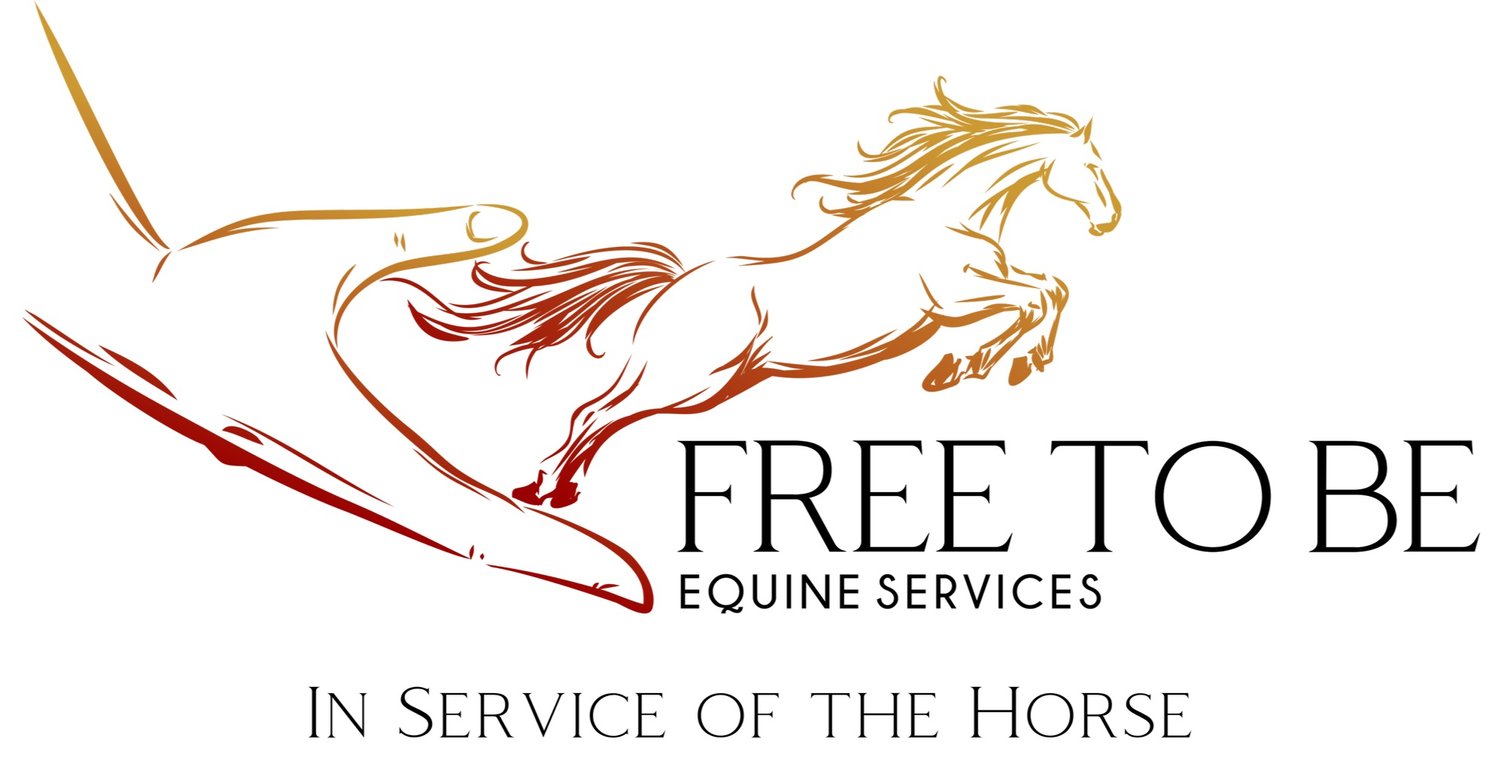I ran a poll in my Instagram Stories asking if you ever feel anxiety or nervous before your horse's bodywork, chiro or massage appointment. 47% said no, which was good to see. But 40% of you said yes, and 13% said sometimes! I want to get into why you may be feeling this way, and what to do about it.
First and foremost, getting anxiety before your horse's appointments is very normal and nothing to be ashamed about. Something that may make you feel less alone is knowing that in my time working for and alongside other professionals like coaches, vets, hoof care providers, and other equine therapists, I can tell you with confidence that the majority of them often feel anxious before coming to you to do their work, too.
In my poll, 57% of you responded that you were most anxious about your horse's behaviour. I think a lot of professionals share this anxiety as well. Horses are individuals with their own thresholds and can demonstrate a wide variety of behaviours, and they can change from day to day. No horse steward or professional wants anyone to get hurt - human or horse - so safety is paramount. It may take some trial and error, but finding the right combination of location, timing, and other accommodations needed for your horse to feel most comfortable working with the professional can put everyone at ease. Play with where the horse feels relaxed - stall, paddock, arena, barn aisle? Is the barn quiet in the mornings, or afternoons? Do they need exercise prior to the appointment? Every horse is different.
In the end, even if you do your best to set your horse up for success, they may display behaviours that you don't want and that's okay. I won't speak for other professionals here, because we all have unique needs of our clients to get our work done well and safely. But for me as an equine therapist, behaviour is feedback. Even when I determine that the behaviour is not caused by me directly and instead is from external source(s) and compounded by the fact that I am there, it is still noted by me and determines how I go forward with the session. Also, open communication is key. What you may be embarrassed about ("my horse kept moving around!") may be fully expected by me during the session ("this horse needs to move around to regulate their nervous system, or increase interoceptive awareness"). If you have concerns about how your horse is behaving or reacting to a professional, having an open discussion about it will provide clarity for everyone involved.
29% of you responded in the poll that you worry about getting bad news when your bodyworker/chiro/massage therapist comes to see your horse. Again, I won't speak for all professionals here, because as an equine therapist I cannot diagnose medical conditions, injuries, ailments, etc. You should not be receiving "bad news" from your equine therapists outside of perhaps a referral to your veterinarian (which may not mean bad news at all, but a way to gather information and provide clarity before moving forward). If the feedback from your equine therapist is that they are finding areas of discomfort, tension, or restriction, perhaps a difference of perspective is needed. Horses, like ourselves, are dynamic beings who will experience all of those things and more. How they feel in their bodies will constantly change in response to their internal and external environments, just like us. Getting this information from your therapists is a way to empower you to make adjustments to help your horse move through life comfortably and happily. It is not bad news, it is feedback! This is another place where an open line of communication is crucial. If you don't understand what your therapist is telling you, ask them to clarify. If you still don't understand, ask them to provide some resources to help you learn.
Bodywork is not a box to tick off for your horse, or a quick fix. It requires active participation between the horse, the therapist, and yourself. In the end, what all three of these participants want is to be seen and heard, to feel safe, and to be respected. If any of these key pieces are missing, a little communication can go a long way to preventing anxiety for everyone involved!
Street Address
City, State, Zip
Phone Number
In Service of the Horse
Your Custom Text Here

